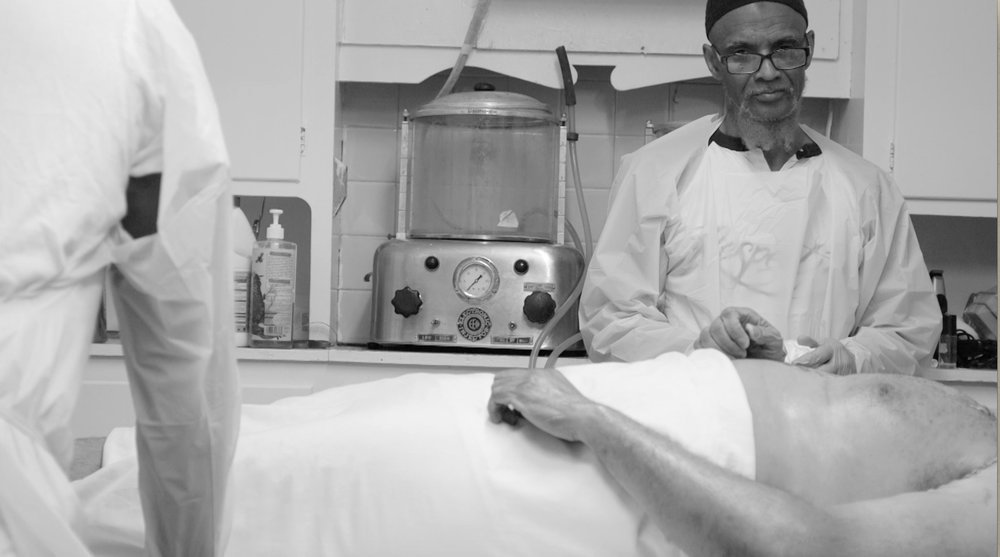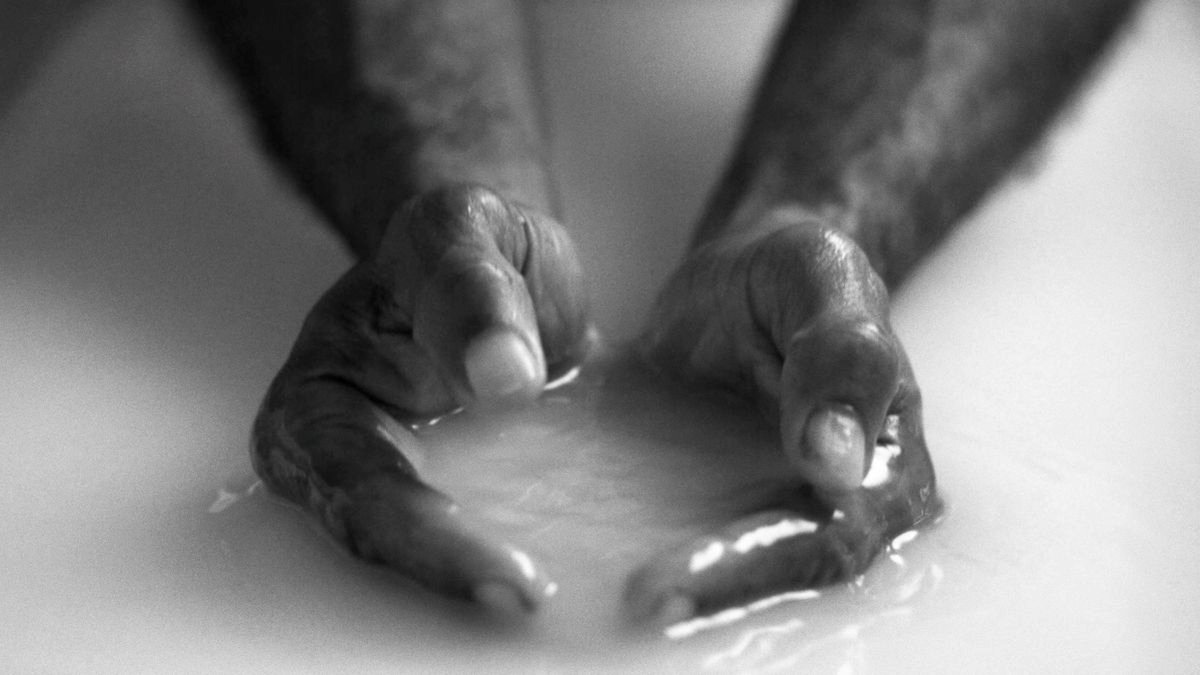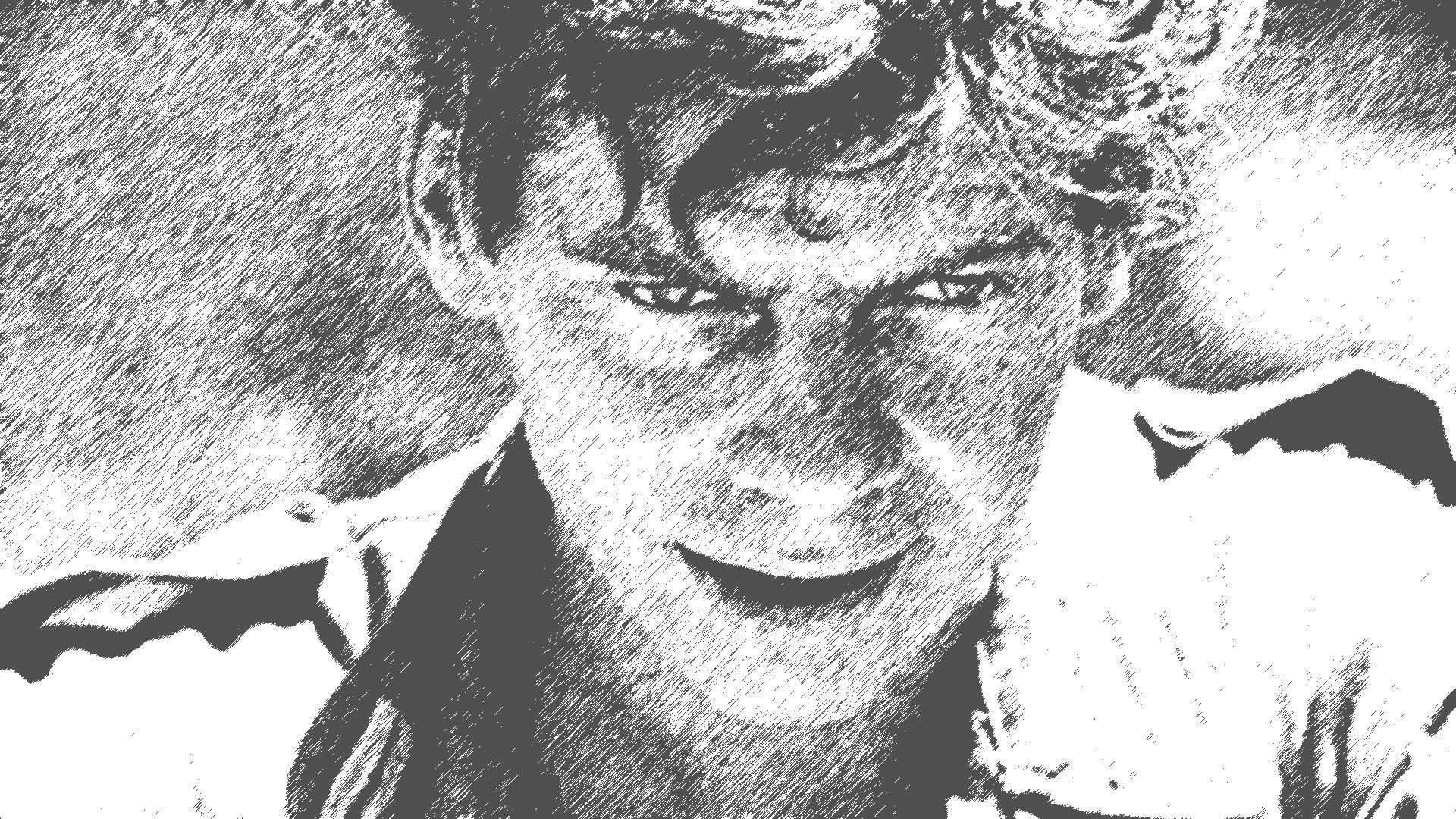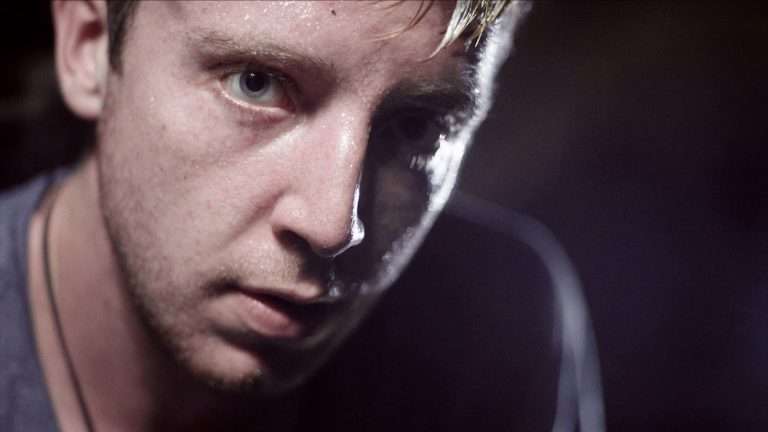There are three vulnerable individuals among many as the central focus of Zeshawn Ali’s documentary ‘Two Gods’. Furquan, Naz, and Hanif are from three different generations as well. Their stories mostly unfold in Newark, New Jersey, USA. This being Ali’s first film, a graduate of Tisch, faith does play an important role in the film as does humanity. “Surely we belong to God and to Him, we shall return,” says the epigraph.
Furquan is the youngest of them. He has learned to survive in spite of being a 12-year-old. He says he likes talking to God sometimes when he is alone, and when Ali enquires him about it, he is quick enough to say that it is between him and God. There is another instance where Ali does a follow-up question – perhaps the only two occasions where we do hear his voice to understand if there is violence at home. Furquan says he does not want to talk about it and starts banging the dashboard.
Related to Two Gods – Fury [1936] Review – The Thundering American Debut of the Great German Film-Maker
Naz is 17. He was a “good kid” until he lost a loved one. He gets caught by the police one too many times until he gets a tracker on his ankle. He seems like the quiet kind and not the listening kind when somebody is saying something important to him. But, he wishes to change that. On the one hand, the police are not letting that happen, and on the other, there is easy access to the streets – making him go back to his old ways.
Hanif is middle-aged. He is not only the connecting person between these two – a boy and an adolescent, but also a person at risk in his own way. He has served time and even during the film gets an opportunity to sell drugs that he happens to do for a couple of hours before giving up. It is that easy to fall back on what one was accustomed to despite being a nearly godly figure now. He makes caskets now and washes dead bodies according to Islamic rituals.
There are others in the story: Hanif’s son, Naz’s mum, Furquan’s brother (his mother and stepfather never show up on camera, but their living area does), and many others who can vouch for the “strong kid” that Furquan is despite his environment and neighborhood. These are embedded in between calls from the hospital of dead bodies. Like in the opening scene we see how he collects, washes, clothes and, puts the dead in caskets.
Also, Read – The Perfect Candidate [2021] Review: A wavering film about a woman who stood for office
Hanif loops in Furquan and Naz into this business and they are more than happy to help out. We see them building caskets as the dead are treated with respect. We only see their legs and feet as strict protocols are being followed. “I know how to nurse the body. I know how to help the body. I am not afraid of the body,” says Hanif. There are also a couple of protests where the people who make caskets are asking to end the violence.
Furquan, nonetheless, is the person who I followed the most. His face and body show such empathy, resourcefulness, and toughness that if this were a performance he would have stood out. When he is sent off to a boarding school, he is given pencils, to begin with, and some extra ones to share. He simply says, without making any eye contact with the person handing it to him, but putting them all in his bag: I’m not sharing!
Hanif tends to get preachy but his athletic, boxing, and groovy body make him a hippy adolescent who you would rather listen to. Moreover, he is the person you call when something goes wrong at any given hour. He is a charismatic character who knows when to interfere and when to step back. This sense of judgement is what makes him the protagonist of the film.
The Black Muslim community of Newark, or one neighborhood in Newark, is what we get to see in this film. For instance, there is a gathering for Ramadan where everyone is out on the streets and festive. There is a recital from a boy and then a man, but people seem to be in the present even when they are on their phones, they seem to be having a good time. Initially in the film, an azaan is sung that is too melodious for words.
Ali also shot the film while Colin Nusbaum edited it. They manage to pack a lot in 82 minutes. Aman Ali, the filmmaker’s brother produced the film; both Zeshawn and he had hoped to see a film of Muslim Americans that was not political. I think the brothers succeeded and how! The documentary is in black-and-white, which can either provide artificial beauty or poetic grace. For Two Gods, the latter is true. It is hard to find a flaw in a film that is made with as much heart as ‘Two Gods’.




![Kicking Blood [2022] Review: An Unconventional Vampire Drama About Choice, Empathy & Transience](https://79468c92.delivery.rocketcdn.me/wp-content/uploads/2022/04/Kicking-Blood-2-768x384.jpg)
![The Only Son [1936] Review – The Characteristic Ozu Style at its Nascent Stage](https://79468c92.delivery.rocketcdn.me/wp-content/uploads/2019/08/The-Only-Son-1936-768x576.jpeg)

![Cow [2022] MUBI Review : A Brutal and Brilliant Triumph from Andrea Arnold](https://79468c92.delivery.rocketcdn.me/wp-content/uploads/2022/02/Cow-2022-MUBI-1-768x432.jpg)
![Truth or Consequences [2021]: ‘MUBI’ Review – An Examination of Truth in the Consequence of Capitalism](https://79468c92.delivery.rocketcdn.me/wp-content/uploads/2021/09/Truth-and-Consequences-2020-highonfilms-768x432.jpg)